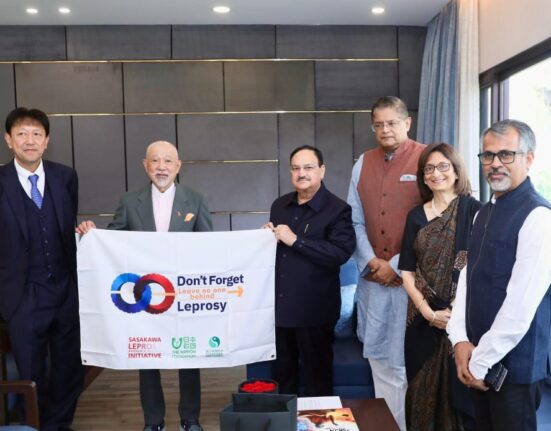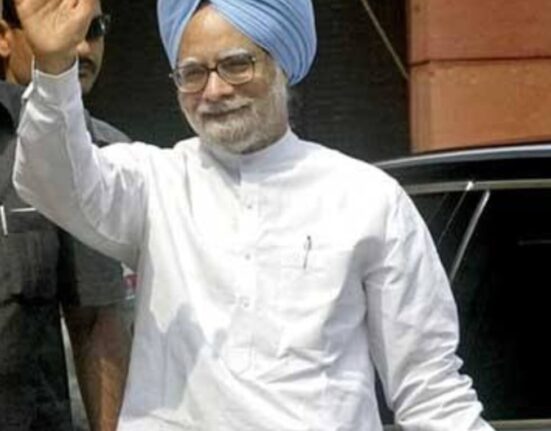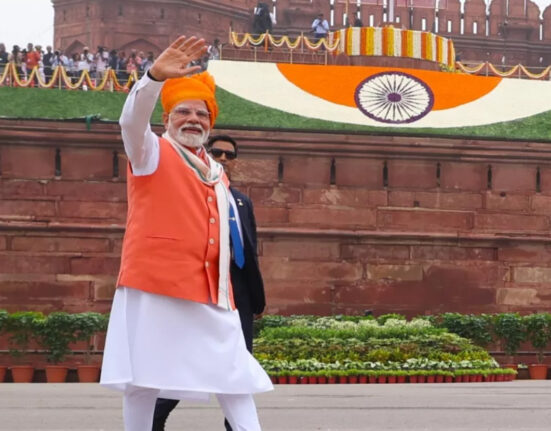The 58th Session of the United Nations Human Rights Council (UNHRC) in Geneva brought together global leaders, policymakers, and civil society representatives to discuss pressing human rights issues, including digital privacy, minority rights, religious freedom, gender equity, and environmental sustainability. Key discussions included the protection of vulnerable communities, advancing gender rights, and ensuring data privacy in the digital age, and human-rights based approach to countering terrorism.
Amid these global conversations, India Water Foundation (IWF) actively participated, engaging in key discussions on cultural rights, environmental sustainability, and human development. Throughout its two-week filled with interventions and dialogues, IWF made significant contributions by addressing critical global issues, advocating for policy advancements, and collaborating with international organizations.
Dr. Arvind Kumar, President of IWF, delivered a statement during the General Debate 4 on Minority Issues, where he highlighted India’s proactive policies aimed at empowering minority communities through education, employment opportunities, and inclusive development programs. He also spoke at the Interactive Dialogue on Right to Privacy, emphasizing India’s leadership in data privacy and the Digital Personal Data Protection Act, 2023, which ensures a balanced approach between innovation and user protection. Furthermore, in a panel discussion on ‘AI and Human Rights,’ Dr. Kumar detailed how AI-driven governance is transforming service delivery and promoting transparency in India. He also spoke as a keynote speaker in the side event where he highlighted the strides made by India in diverse sectors. In another key note address during a side event he emphasised how the agriculture and environmental conservation is underscoring India’s self-sufficiency in food production and holistic governance approaches. Ms. Shweta Tyagi, Chief Functionary of IWF, reinforced India’s efforts in religious freedom and gender equity. She participated in the General Debate 5 on Freedom of Religion, detailing India’s constitutional safeguards and the importance of interfaith dialogue in maintaining harmony. She was also a panelist in a discussion on ‘Women’s Rights and Sustainable Development,’ where she spoke about the role of policy reforms and community engagement in empowering women, particularly in rural areas.
A significant moment of IWF’s engagement came on World Water Day along with its 17th foundation day when, in collaboration with the World Meteorological Organization (WMO) and the UN Mountain Partnership, it convened a High-Level Policy Dialogue on Protecting Receding Glaciers. Dr. Kumar highlighted the dire consequences of glacier retreat, calling for global cooperation and sustainable resource management. In his chair address, Shri Dr. Raj Bhushan Chaudhary, Minister of State, Ministry of Jal Shakti, Government of India, highlighted the devastating impact of glacier loss on India’s major rivers—Ganges, Brahmaputra, and Indus—which sustain millions. Sh. Bharat Lal Secretary General of the National Human Rights Council of India in a much nuanced way in his keynote speech articulated that in a country like India with 1.4 billion population water security is national security. Paucity of water hinders socio economic development. Additionally, IWF organized a compelling public exhibition at Broken Chair Square, highlighting India’s commitment to religious pluralism and climate resilience. These efforts reinforced India’s position as a global leader in sustainable development, human rights, and cross-sectoral collaborations. By actively participating in high-level discussions, policy dialogues, and public outreach, IWF reaffirmed its commitment to addressing pressing global challenges in water security, climate change, and inclusive governance.














Leave feedback about this